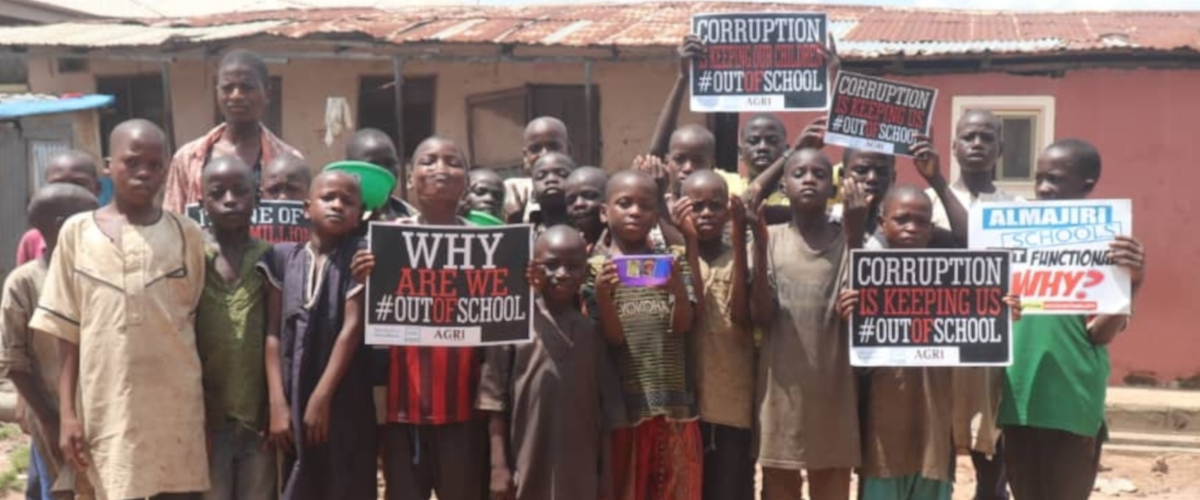
The building of GEPetrol, a national company of Equatorial Guinea (Photo Credit: Website of the Government of Equatorial Guinea)
Concerned about the gravity of the problems and threats posed by corruption in the world, the member states of the African Union (AU), to which Equatorial Guinea is a party, adopted the Convention on Prevention and Fight against Corruption in July 2003.
This Convention obliges state parties to provide greater cooperation to prevent the illegal movement of funds, as well as to ensure the integrity and proper management of public affairs and goods. In September 2018, the Permanent Representative of Equatorial Guinea to the United Nations defined corruption as the practice of improperly using public responsibility to obtain or grant an illegitimate advantage; while also pointing out the existence of regulations in Equatorial Guinea that pursue corruption, such as the Civil Servants Law of the Central State Administration and the Law on Ethics and Dignity in the exercise of Public Function.
The declarations of the authorities are contradictory because despite having implemented such norms that persecute corruption to certain citizens who are not members of the president’s family, Equatorial Guinea and other 13 member states of the AU have not ratified the Convention.
The AU Convention provides a follow-up mechanism involving an advisory council on corruption within the AU. According to Begoto Miarom, President of the Advisory Council, “in general, the countries that have not ratified the Convention have not explained the reasons why they have not ratified.”
In the case of Equatorial Guinea, which took advantage of the trio-agreement formed by President Teodoro Obiang Nguema, Vice President Teodoro Nguema Obiang Mangue, and First Lady Constancia Mangue Nsue Okomo; it represents in itself the most damaging dynamic for the country. Several different documents have shown that the borders of corruption extend beyond these three neuralgic points of alignment.
The leaders of Equatorial Guinea have more sophisticated tactics of robbery and plunder; including the creation of fictitious companies in collaboration with foreign experts. In the general Equatoguinean public opinion as well as the foreign one, it is believed that corruption exists in politics and that those involved in government are corrupt.
The income from the exploitation of crude oil is the only precious asset that Equatorial Guinea has; however the president’s family diverts this money into their private accounts. In 2002 the government established the National Petroleum Company, GEPetrol, controlled by the members of the president’s family. This was done in order to profit from funds derived from the exploitation of oil. In recent months, the corruption scandals from those holding high positions in GEPetrol have increased.
A recent investigation revealed that the current anti-corruption laws in Equatorial Guinea have not been enforced. GEPetrol executives mostly made up of members of the presidential family, use the funds to resolve private matters. The former CEO of GEPetrol, for example, used €5,3 million to finance a report aimed at discrediting the Minister of Mines and Hydrocarbons, Gabriel Mbega Obiang Lima, who is considered a favourite successor of the dictator.
The investigation further revealed that €1,5 million of the €5,3 million that was used to finance the report was transferred into two accounts in Dubai and the United States, which were owned by the Commercial Director of the National Petroleum Company, Crispín Edu Tomo Maye, through fictitious organisations.
Company records further reveal that the nephew of the first lady founded an offshore company in Dubai through which the funds were being filtered. The company in question, Conqueror Investments Ltd, was supposedly set up to provide technical advice on the oil and gas sector in Africa.
Over €700,000 was transferred to the financial entity Standard Chartered Bank of Dubai, with Conqueror Investments Ltd as the beneficiary. The other funds were transferred to American financial institution, JP Morgan Chase. In 2012, GEPetrol’s Crispín Edu Tomo Maye was the account beneficiary.
These numerous cases of corruption that connect the family of the dictator and his collaborators, as well as the opening of bank accounts in known tax havens, should not go unpunished.
Equatorial Guinea is the only country in the world where the head of state encourages his ministers and family members to benefit from the country’s resources because this resource – oil – is perishable. The average citizen, who does not have the means to access it, is unable to reap its benefits.
The dictator’s government and his family lack the understanding of the public and the hardship they incur. The government’s focus on corruption and self-gain has and will always hinder its understanding of the country and the importance of the country’s progress.

